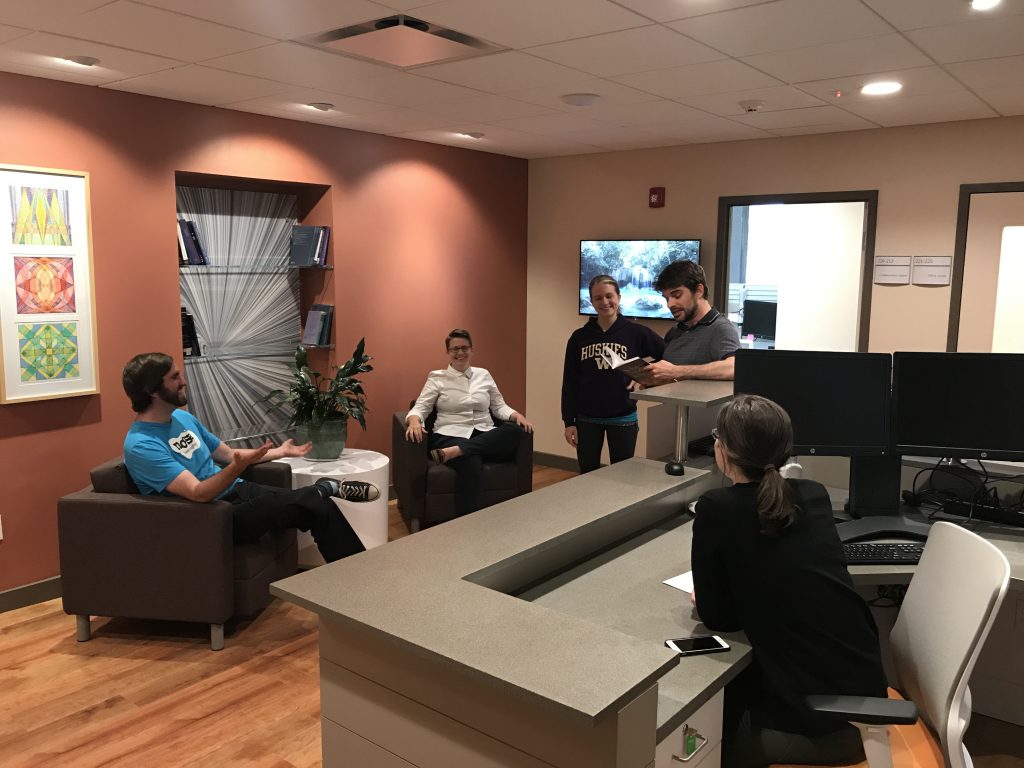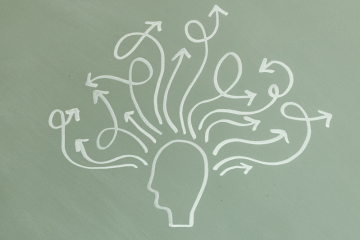Researching the mind cultures data science religion social systems ideology human behavior technology equity philosophy anthropology cognitive psychology public health can unlock creative solutions to complex problems.
CMAC is a non-profit organization in Boston, Massachusetts dedicated to non-partisan research. Our network of expert researchers tackles complex social problems such as social integration of immigrants and refugees, religious self-radicalization, spiraling suicide rates, illegal child trafficking, ethical risks of digital data and computer algorithms, and many other critical issues arising within what we refer to as the “mind-culture nexus.”
Many aspects of human life come together in the mind-culture nexus: thinking and emotion in brains, personality and identity, entanglement in environments, distinctive cultures, socio-economic conditions, and historic processes of change. Many fields of research generate insights into the mind-culture nexus, from neuroscience to sociology, biochemistry to public health, and engineering to philosophy. At CMAC, we gather experts from all these fields into problem-focused teams, discovering how to make headway on the previously intractable, extraordinarily complex, and deeply frustrating problems we face today.
These teams employ computational models, data analytics, historical interpretation, philosophical analysis of concepts and other methods to generate practical answers to the host of challenges confronting us. CMAC researchers rely on extensive collaboration to implement this leading-edge research, training, and public education.

Our network is driving evidence-based change from around the globe. CMAC aims to:
- Investigate the intersection of mind and culture to enrich our understanding of the world
- Create intellectual hubs where thought-leaders can come together and multiply their knowledge
- Create innovative tools to advise public and professional stakeholders
- Amplify knowledge and new ideas to make a positive impact on our communities
- Synthesize existing research to build a more reliable framework for future ideas
- Seek out diverse ideas in order to bridge the gap between scientific studies and humanities research
Published in
By the numbers
2017-2022
Connect with us
Sign up for the CMAC newsletter and be the first to know about new publications, project activity, and upcoming events.
By submitting this form, you are consenting to receive marketing emails from: Business Name. You can revoke your consent to receive emails at any time by using the SafeUnsubscribe® link, found at the bottom of every email. Emails are serviced by Constant Contact






